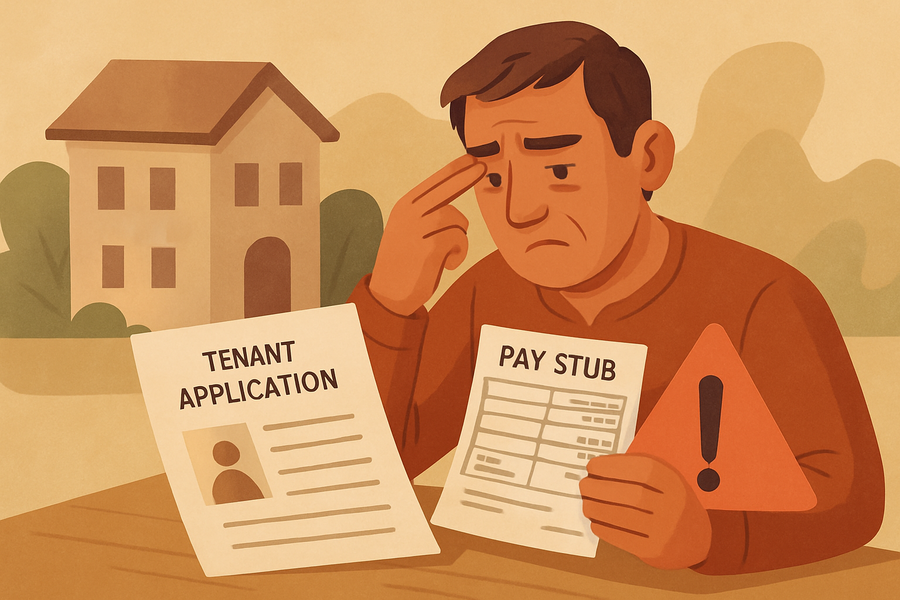Can Sellers Reduce Costs by Avoiding Buyer’s Agent Commission?
Mercedes Shaffer, Realtor
The real estate landscape is changing, especially for sellers looking to save on commission fees. With recent NAR legal settlements reshaping the way brokers get paid, it’s time to take a closer look at how you, as a seller, can manage your costs while still attracting motivated buyers. This shift is especially relevant for multifamily property owners who want to understand whether offering buyer agent commissions is still necessary—or if you can skip it altogether.
No More Buyer Agent Commissions on the MLS
In the historical implementation of the Broker-to-Broker cooperation process, the Listing Broker would advertise the commission offered to the Buyer Broker on the MLS. Under the new rules, commissions offered to Buyer Agents can no longer be advertised on the MLS. In fact, the MLS must remove any fields or data relating to buyer agent compensation and there can be absolutely NO reference to buyer’s agent commission even in the agent-to-agent private remarks.
Advertising Buyer Agent Commissions Elsewhere
Even though MLS listings can no longer show Buyer Agent commissions, agents can still advertise if the seller is offering a buyer’s agent commission in other places such as flyers, post cards, lawn signs, open houses, property websites, social media, and various other platforms. The key is that it’s not on the MLS or any other IDX-based system.
Buyer Representation Agreements
The new rules make buyer representation agreements mandatory before any property tours. In California, this hasn’t historically been a requirement, but going forward, real estate professionals working with potential buyers will be required before touring a property to enter into a written agreement that clearly discloses the details of the compensation that will be received. The amount of compensation specified must be objectively ascertainable and cannot be open-ended. In multifamily transactions, this change may not be as relevant, since showings usually occur after an offer is accepted and all the terms have already been agreed upon, however, it does add a layer of formality that could impact negotiations.
How Buyer Agents Are Compensated
Here’s a breakdown of how Buyer agents can still get paid under the new model:
- Seller Pays: Sellers can still choose to offer compensation to the Buyer’s Agent, but it’s no longer advertised in the MLS.
- Buyer Pays: Buyers can pay their agent directly.
- Combination: Sellers and Buyers can agree to share in the cost.
- Concessions: Sellers can offer concessions to the Buyer, like closing credit, which can then be used by the Buyer to pay their agent. In this case, the Seller indirectly funds the Buyer’s agent fee, but through a different mechanism.
Can A Buyer Represent Themselves
A buyer can absolutely represent themselves, and one advantage is that it can reduce the overall transaction cost by lowering commission expenses. However, there are some risks. The buyer will be responsible for every aspect of their side of the transaction, including completing all the paperwork, which could result in errors, revisions, and delays. This increases the chances of misunderstandings and can create legal and liability concerns if critical timelines or obligations are missed, potentially leading to disputes, contract breaches, and even the deal falling out of escrow. Therefore, if a seller accepts an offer from a self-represented buyer, they should do their best to try to ensure the buyer is capable of handling the transaction and closing on time.
Pros of Offering a Buyer Agent Commission
One advantage of offering a Buyer Agent commission is that it can help attract more buyers. Many buyers are already financially stretched with needing to come up with a large down payment along with lender requirements to keep cash reserves, so they often can’t afford to pay their agent’s commission, which is one of the reasons why historically the buyer’s agent’s commission has come out of the seller’s proceeds. So while offering a Buyer Agent commission can be beneficial, sellers now have more opportunities to negotiate and customize the commission structure according to the market and the specifics of the transaction.
The Bottom Line
With the new rules, sellers now have more clarity when deciding whether or not to pay buyer’s agent commissions. While skipping this fee might save you money upfront, it could limit your pool of buyers, which may affect your overall net proceeds. If your goal is to reach as many qualified buyers as possible, offering a commission might still be worth considering. However, in a hot market, it could be worth rethinking how much of that fee really needs to come out of your pocket.
If you have questions about buying, selling or doing a 1031 exchange, contact me. I can be reached at 714.330.9999, InvestingInTheOC@gmail.com, or you can visit my website at InvestingInTheOC.com. I’m Mercedes Shaffer, a multifamily real estate agent with REAL Broker, helping you build wealth one door at a time. DRE 02114448. *This information is for general purposes only and not legal advice. Laws and regulations may change and vary by region, so stay updated.









